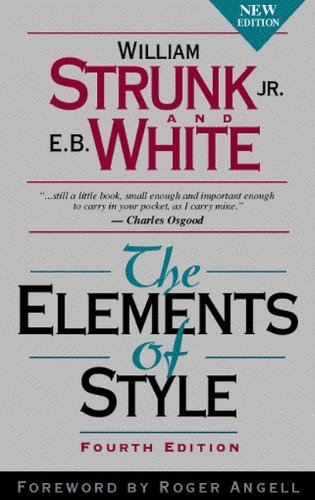On the other hand, I also work for a major Westcoast digitization centre (Canadian spelling from here on in!) on a project called the British Columbia Historical Books Project. We are systematically digitizing rare materials that tell the narrative of the earliest years of this province. I've digitized nearly forty books so far this year, including some really neat ones from the 1770s. My interest in Pacific northwest history is constantly sparked by handling these amazing accounts of first-hand explorers, Chinook jargon dictionaries, maps, and other rare texts.
In the meantime, I'm honing my job application and interviewing skills as I search for the perfect job in my particular field of librarianship: I'm trained as a legal and legislative research librarian. This is my second career, so I have reserved the right to be a little choosey for the moment.
Tell us about how you found your first job, and how you found your current job (if different).
My first career job was actually in 'Hollywood North,' another name for Vancouver's thriving film industry. After I finished my English degree my Dad handed me a hammer and said, "If you want to pay off your student loans in a hurry, you should learn to use this." That moment kicked off an informal apprenticeship in carpentry that eventually led me out here to the Westcoast for a ten year career in building the sets for feature films, television and commercials. After while though, I was getting pretty burned out by the long hours, and I started paying attention to a nagging voice that said I should return to my area(s) of interest: writing, teaching, and helping people solve information issues. I took a year off to motorcycle around India and learn yoga and think about how I could make my career dreams possible.
After hanging out at my public library, I started dating this cute local librarian. I asked hundreds of questions about the program she'd recently graduated from, and before I knew it she was helping me with my application for library school. Fast forward to now - we're no longer together, but I have a trusty MLIS under my belt, and I'm as enthusiastic as ever about librarianship. My non-profit job came about after I did a professional experience course and initially approached the society to volunteer, and my digitizing work fell into place as a part time job just as I wrapped up my final semester.
What was another writing-related job that was important in your career?
No matter what job I'm doing at any given time, I always attempt to publish something. It's a great way to articulate to myself and others my passion for what I'm doing. In my last reference librarian role I wrote an article for the Canadian Parliamentary Review and a few articles for the local government's website. Next month I'm contributing a piece to the Vancouver Association of Law Libraries for their online review.
I've also been writing a lot of reference letters for people lately, and most exciting of all, I'm learning how to effectively do grant writing. I'm helping to organize a Children's Literature conference this spring and as the "Logistics & Finance" guy, I've been scrambling to find us some money.
What did you do in college to prepare for your post-grad life?
As an undergraduate pursuing a liberal arts degree I was pretty angsty and had a great many interests and little focused direction. I read broadly, travelled often, had adventures such as living in my van for my final year of school, and really took the time to get to know myself. I also documented my life by writing human interest stories for the newspaper, and challenged myself in other ways: playing music, trying tough new jobs like treeplanting, and hiking everywhere I could. Little did I know until much later, but these extra-curricular events played a large role in forging the guy I am today: an intensely curious and only slightly curmudgeonly fellow. ;)
But to answer the question, I worked in my campus library. I loved that job and I never forgot the feeling of being behind the desk and sending people away with the help and resources they came seeking. Throughout my life I've often worked in libraries - first running the children's programs in my hometown library, and then later as a circulation desk and systems development employee.
What is your advice for students and graduates with an English degree?
Find a writer that speaks to you, and read their books at least twice—especially if you're at a time of life when making life decisions. It was Robert Persig's Zen and the Art of Motorcycle Maintenance that got me on a motorcycle heading west after my undergrad degree. Matthew B. Crawford showed me in Shop Class as Soulcraft: An Inquiry Into the Value of Work that I could be a carpenter and a writer, and constantly reinvent myself. And good old Joyce Cary reminded me to keep my humour and artistic passions in check in his amazing book, The Horse's Mouth.
It was looking into the lives of people doing work that they love that has helped me the most. I'm a firm believer in the value of "Information Interviews." Call up someone in a professional field that interests you and take them to coffee. You'll find that people like to talk about what they do and are thrilled to answer your questions. These people often become crucial later on in ways that you couldn't possibly have predicted. As my Mom says, "If you don't ask, you don't get!" so I always make sure to ask. Turns out it's a great remedy to this persistent curiosity of mine, too!
You can connect with Chris on LinkedIn, and see the Transcribimus website he helped to create!






















































